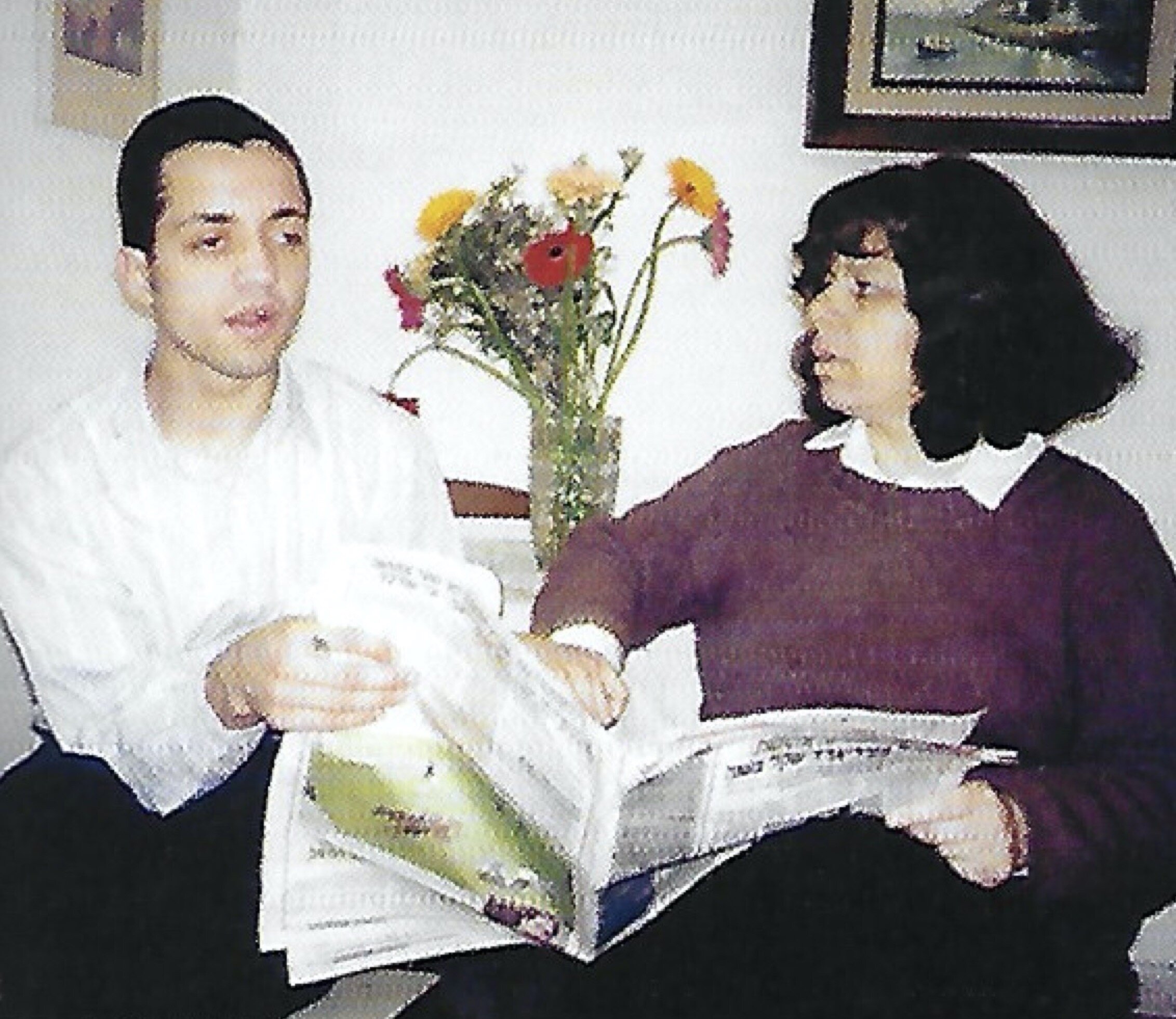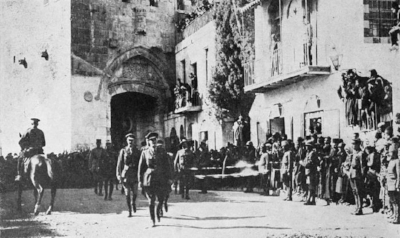Today there was good news in the world. After months of unremitting bad news, I fear we may have forgotten what good news looks like.
Watching the historic peace treaty signings today between Israel and the United Arab Emirates and Bahrain, I felt detached and dispassionate about the proceedings. I’m usually much more emotional when it comes to these things. I have strong memories of September 13, 1993, when the Oslo Accords were signed on the White House lawn. I was alone in my apartment in Jersey City, NJ, with tears streaming down my cheeks as Yitzhak Rabin z”l intoned, “Oseh shalom bim’romav…”
And I still have hanging over my desk a large photo of Rabin and King Hussein lighting each other’s cigarettes on the occasion of the peace treaty between Israel and Jordan in October 1994. It makes me melancholy and wistful when I look at the faces of these leaders from a different era. I take these things personally.
Today: no tears, and no goosebumps. Maybe that’s because Trump and Netanyahu are a different species of leader: unvarnished opportunists with grotesque records when it comes to promoting democracy. Or maybe because the UAE and Bahrain have abysmal human rights records, and it feels a bit like making friends with the nasty kid on the playground—he’s cool as long as he picks on others, not us.
But my own sentimentality doesn’t matter. To tell the truth, I am well aware that this is, in fact, a momentous occasion.
I’ve had conversations with lefty friends in recent days who scorned this turn of events. They’ve said that Trump is a self-serving narcissist, and doesn’t care about peace, and this is all about his reelection. They point to his unabashed statement this summer, when he admitted that the relocation of the U.S. embassy to Jerusalem in 2018 was “for the evangelicals”—recalling Secretary of State James Baker’s “F—k the Jews, they didn’t vote for us.” They argue that Bibi, too, is an autocrat who is solely bent on self-preservation.
To all of which I say: Point taken, but so what? It’s not exactly breaking news to say that politicians act in their own political interests.
But I fear there’s something dangerous in my friends’ opposition to these peace deals. I think that they would unequivocally support the exact same deals if they were marshaled together by an American president whom they respected. I think that some left-leaning, pro-Israel people oppose this deal because Trump himself is so noxious, and they imagine that anything that makes Trump look good—anything that he can put in his “win” column—makes his prospect for reelection go up, G-d forbid.
In other words, they say: if it’s good for Trump, we oppose it.
That’s a pretty disastrous way of thinking. It’s just like hoping that the economy will tank, because presidents tend not to be reelected in a bad economy. Or hoping that there won’t be a coronavirus vaccine until after the election. It’s a manner of thinking that says: Trump is so grotesque that I don’t care how many people suffer in the short term, as long as he is booted out decisively in November.
I, for one, hope that in the short term, bad things won’t happen: that the economy won’t completely implode; that there won’t be more slayings of innocent black people by police; that there won’t be any more school shootings; that the fires ravaging the American West will stop. (Can you imagine someone saying, “I want the fires keep burning until after the election?” That’s just sick.)
And I can hope for all these good things while campaigning with vigor for Trump to lose. You know what they say about broken clocks…
In that spirit, I can rejoice that finally Israel is normalizing relationships in its “neighborhood.” This is what we’ve been yearning for since at least the Six Day War, when people prematurely fantasized that, due to Israel’s victories, the Arab nations would accept the fact that Israel was a permanent part of the modern Middle East. To hold otherwise is to play right into the hands of those who believe that what is good for them is what’s good for the world—and vice-versa.
What about the Palestinians? Yes, they are going to be the losers here—because of precisely this same logic. People who say, “You shouldn’t be allowed to engage with Israel until there is progress with the Palestinians” miss the whole point. When the PA and its enablers give up the pipe dream of “from the River to the Sea”, and engage with Israel as a permanent neighbor, there will be progress. I’m not absolving Israel of its responsibilities toward the Palestinians—Israel’s policies of dissembling and humiliation have been disastrous. But, frankly, I think that the deals with the UAE and Bahrain (and others that have been whispered) show that this has nothing to do with the Palestinians. Or, if anything, that the Arab world is nearly as exhausted with Palestinian rejectionism as Israelis are.
And while these protagonists make it impossible to feel unmitigated happiness, we should be able to recognize good news when it comes our way. At the end of a year’s ceaseless flow of bad news, this is indeed good news. Kein Yirbu—may it grow and expand in the New Year ahead.





